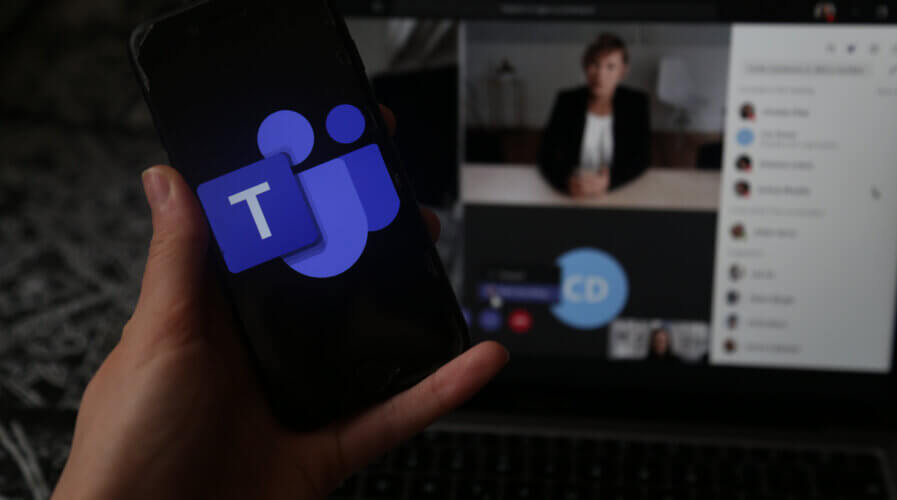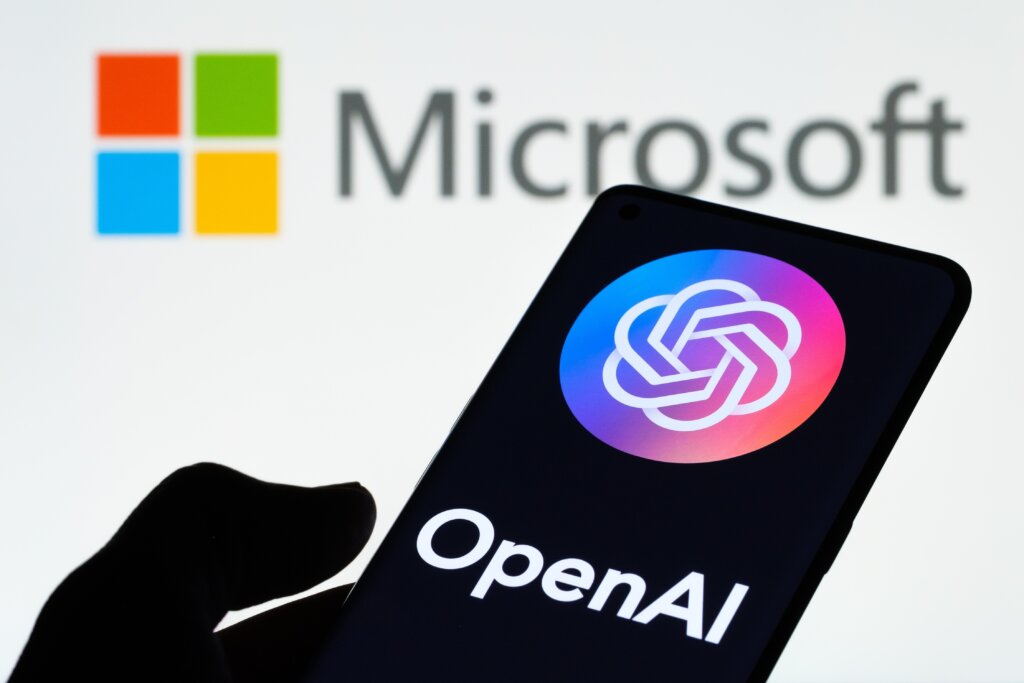
Source – Shutterstock
ChatGPT takes meetings to the next level for Microsoft Teams users
- Microsoft rolled out a premium iteration of its Teams messaging platform, backed by the AI chatbot ChatGPT.
- The premium service will be available for US$ 7 per month in June and will increase to US$ 10 in July.
Following the recent news of ChatGPT, another announcement has come to light. Baidu Inc., China’s leading search engine company, plans to release a ChatGPT-like service in March. Furthermore, Microsoft Corporation, as reported by Reuters, has rolled out a premium iteration of its Teams messaging platform, backed by the AI chatbot ChatGPT.
The chatbot, owned by OpenAI, is designed to simplify meetings by generating automatic meeting notes, recommending tasks, and creating meeting templates for Teams users. The premium service will be available for US$ 7 per month in June and will increase to US$ 10 in July.
Integration of chatbot ChatGPT in Microsoft Teams.
Microsoft Teams has become an indispensable tool for modern businesses, facilitating collaboration and communication among team members. However, meetings can be time-consuming and repetitive, with tasks like taking notes, assigning follow-up tasks and creating meeting templates taking up valuable time and resources. This is where ChatGPT comes in.
ChatGPT simplifies meetings for Microsoft Teams users by automating tasks such as generating meeting notes. It documents meaningful discussions and decisions made during the meeting, providing all team members with a clear record. This approach facilitates following up on action items and tracking progress.
ChatGPT also recommends tasks to users, making it easier for them to track what needs to be done after the meeting. This process benefits team members who may have missed some of the discussion during the meeting or are new to a project. The chatbot’s recommendations help ensure that no tasks are missed, and that everyone is on the same page.
Finally, ChatGPT can create meeting templates for Teams users. This feature can save team members time, as they no longer have to create meeting agendas and other templates from scratch. The chatbot can create templates based on the team’s previous meetings, making it easy to set up new appointments and get started quickly.
The partnership between Microsoft and OpenAI.
Microsoft and OpenAI have taken their long-term partnership to the next level with a multi-billion-dollar investment to accelerate advancements in AI. Microsoft aims to integrate ChatGPT’s technology into all its products, which could pose a challenge to competitor Alphabet’s Google. The two companies have collaborated on building supercomputing systems powered by Azure, which OpenAI uses to train its models.

Source – Shutterstock
Microsoft plans to increase its investment in these systems to further its independent research, and Azure will continue to be the exclusive cloud provider for OpenAI. To enable real-world use and development of powerful, safe AI systems, OpenAI has partnered with Microsoft to deploy its technology through its API and Azure OpenAI Service, allowing enterprises and developers to build upon GPT, DALL·E, and Codex.
The partnership has also led to integrating OpenAI’s technology into apps such as GitHub Copilot and Microsoft Designer.
The chatbot, capable of generating prose and poetry, is a leading player in generative AI, and a growing number of tech giants are investing in this area. Recently, ChatGPT unveiled a US$ 20 monthly subscription offering, granting subscribers faster responses and early access to new improvements and features.
ChatGPT is a valuable addition to Microsoft Teams, designed to simplify meetings and make collaboration more efficient. With its ability to generate automatic meeting notes, recommend tasks, and create meeting templates, ChatGPT helps teams work more efficiently, freeing up valuable time and resources for more strategic tasks.
READ MORE
- Ethical AI: The renewed importance of safeguarding data and customer privacy in Generative AI applications
- How Japan balances AI-driven opportunities with cybersecurity needs
- Deploying SASE: Benchmarking your approach
- Insurance everywhere all at once: the digital transformation of the APAC insurance industry
- Google parent Alphabet eyes HubSpot: A potential acquisition shaping the future of CRM


